Indigenous Archaeology - Respecting Native Cultures
Indigenous archaeology is a field that delves into the rich history and cultural heritage of native communities with a deep sense of respect and sensitivity. It goes beyond just uncovering artifacts and ancient sites; it involves understanding and honoring the traditions, beliefs, and values of indigenous peoples. By approaching archaeological research from a perspective that prioritizes the preservation of native cultures, we can ensure that their legacy is safeguarded for future generations.
When conducting archaeological excavations on indigenous lands, it is crucial to engage with the local communities and involve them in the process. This collaborative approach not only fosters mutual respect and trust but also allows for indigenous perspectives and knowledge to shape the interpretation of archaeological findings. By listening to the voices of the native peoples, archaeologists can gain a more holistic understanding of the past and avoid misinterpretations that may arise from a solely academic viewpoint.
Respecting native cultures in archaeology also means acknowledging the challenges and ethical dilemmas that arise in the field. From issues of ownership and repatriation of sacred artifacts to the impact of archaeological activities on indigenous territories, archaeologists must navigate complex terrain with sensitivity and empathy. By upholding ethical standards and legal frameworks that prioritize the rights and well-being of indigenous communities, we can conduct research that is both meaningful and respectful.
Preserving indigenous heritage through archaeology is not just about protecting physical sites and artifacts; it is about honoring the living traditions and identities of native peoples. Cultural resource management plays a crucial role in this endeavor, ensuring that indigenous heritage is conserved, interpreted, and shared in a way that benefits both the communities and the wider public. By supporting sustainable development initiatives that respect indigenous values and practices, we can contribute to the long-term preservation of native cultures.
Decolonizing archaeology is another important aspect of respecting native cultures. By challenging Eurocentric perspectives and centering indigenous voices in the field, we can work towards a more inclusive and equitable approach to archaeological research. This shift not only empowers indigenous communities to reclaim their histories but also fosters reconciliation and healing from the traumas of colonization.
Indigenous archaeology is a journey of discovery, respect, and collaboration. By embracing the diverse perspectives and knowledge systems of native cultures, we can enrich our understanding of the past and build a more inclusive future for all.
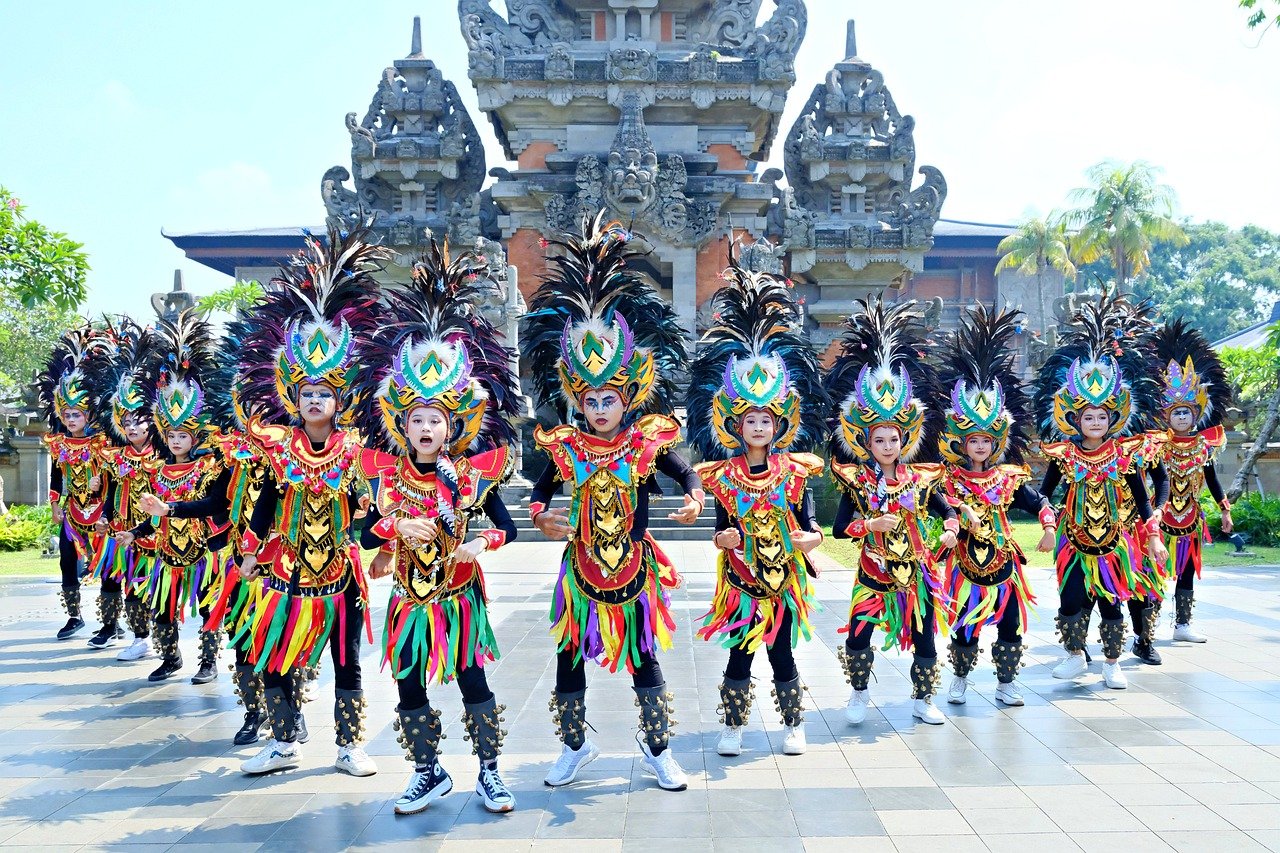
Understanding Indigenous Perspectives
Understanding Indigenous Perspectives is crucial in the field of archaeology as it allows researchers to gain a deeper insight into the history and traditions of native communities. By acknowledging and valuing indigenous viewpoints, archaeologists can develop a more holistic understanding of the past. It is essential to recognize that indigenous knowledge is a valuable asset that complements scientific research methods, providing unique insights that enrich archaeological interpretations.
When engaging with indigenous perspectives, researchers must approach the collaboration with humility and openness. Building trust and establishing respectful relationships with indigenous communities are fundamental to conducting ethical and meaningful archaeological studies. By listening to the narratives and experiences shared by indigenous elders and community members, archaeologists can uncover layers of history that may have been overlooked or misunderstood.
Moreover, incorporating indigenous perspectives in archaeological research helps to challenge dominant narratives and Eurocentric biases that have often marginalized native voices. By centering indigenous knowledge systems and worldviews, archaeologists can contribute to a more inclusive and equitable representation of the past. This shift towards a more balanced and respectful approach not only benefits the academic field but also fosters cultural appreciation and understanding among diverse audiences.
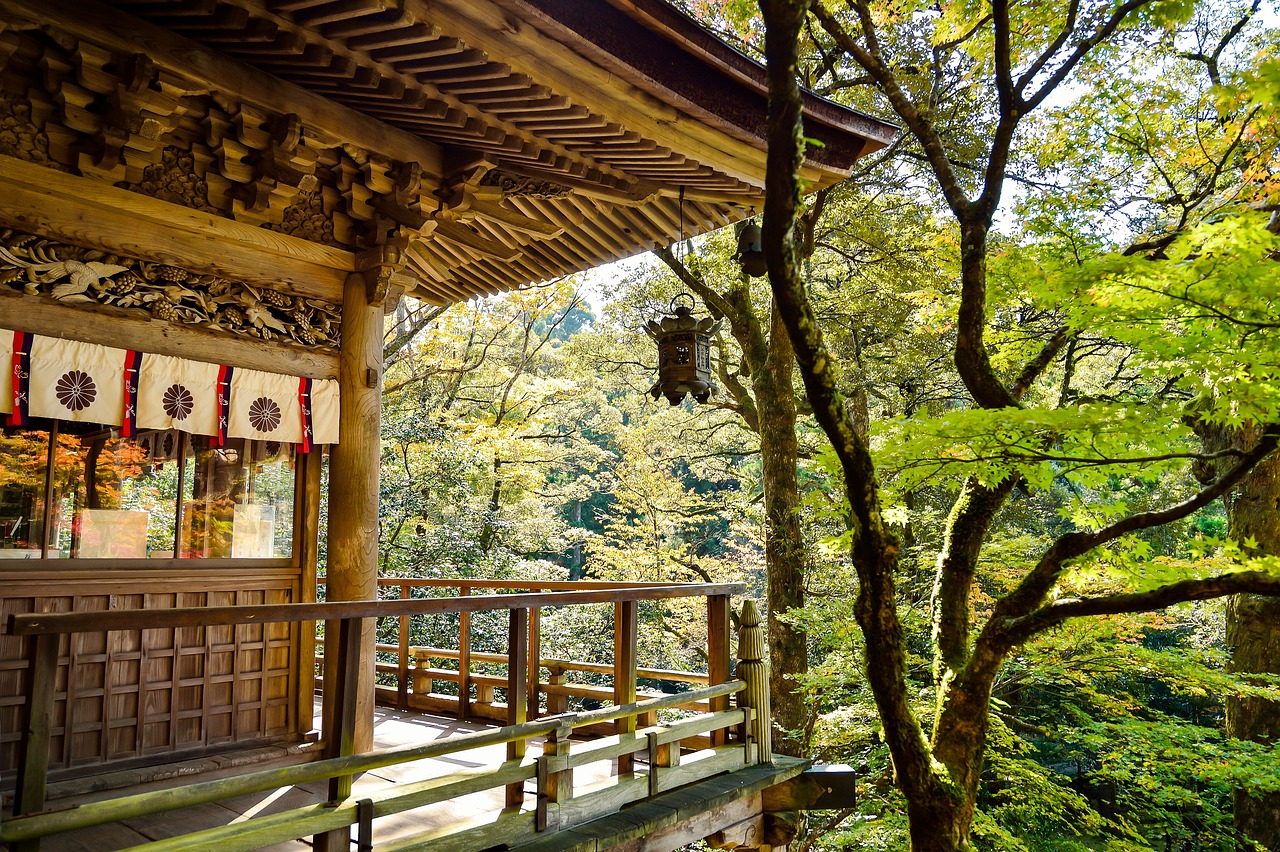
Challenges in Indigenous Archaeology
Exploring the importance of conducting archaeological research with sensitivity and respect towards indigenous communities and their cultural heritage to preserve their traditions and history.
Highlighting the significance of incorporating indigenous viewpoints and knowledge in archaeological studies to gain a more comprehensive understanding of the past.
When delving into Indigenous Archaeology, researchers often face a myriad of challenges that stem from the complexities of working within indigenous territories and handling sacred artifacts. The delicate balance between conducting scientific research and respecting the cultural beliefs and practices of native communities can present significant obstacles. Archaeologists must navigate ethical dilemmas with care and sensitivity, ensuring that their work does not infringe upon the sacred heritage of indigenous peoples.
Exploring the benefits of collaborative research models that involve indigenous communities in archaeological projects from the planning stages to interpretation.
Examining the legal frameworks and ethical guidelines that govern archaeological practices on indigenous territories and artifacts.
Emphasizing the importance of preserving and protecting indigenous archaeological sites and artifacts for future generations.
Discussing the role of cultural resource management in safeguarding indigenous heritage through conservation and sustainable development initiatives.
Addressing the need to decolonize archaeological practices by challenging Eurocentric perspectives and empowering indigenous voices in the field.
Exploring how indigenous archaeology can contribute to reconciliation efforts and healing historical traumas within indigenous communities.
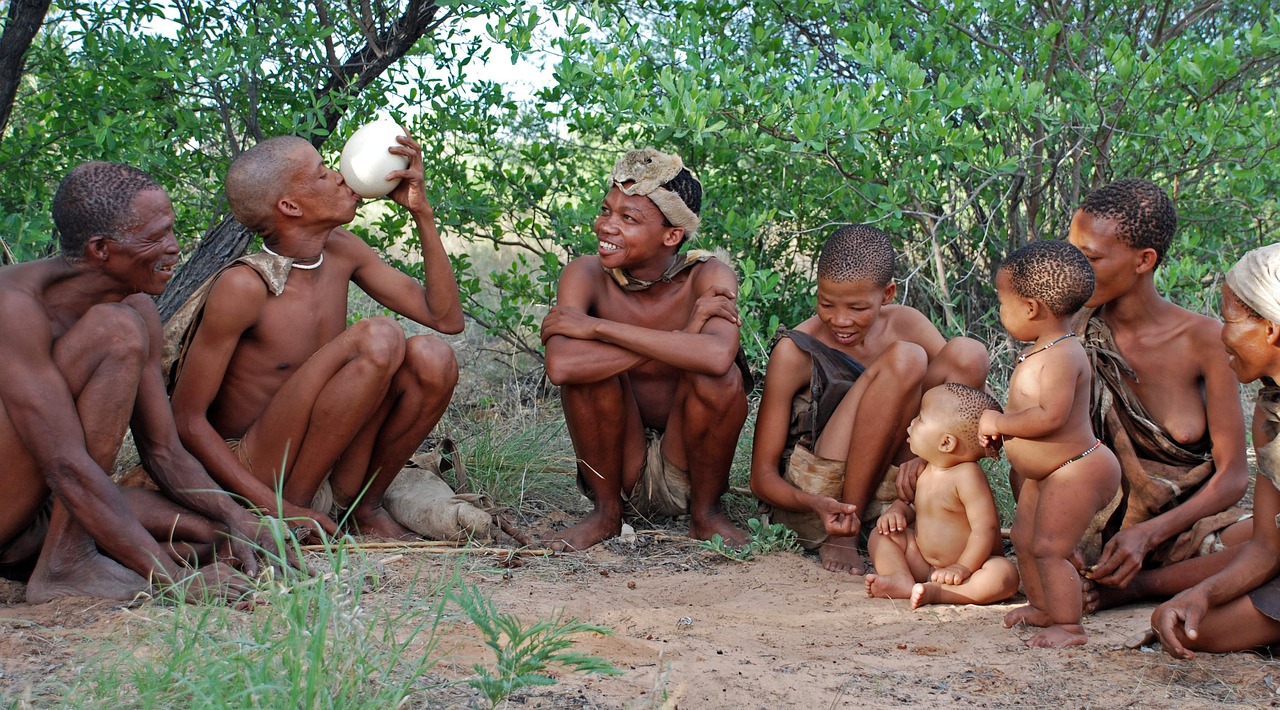
Collaborative Research Approaches
Collaborative research approaches in indigenous archaeology are essential for building trust, fostering mutual respect, and ensuring the protection of cultural heritage. By involving indigenous communities in every stage of the research process, from project inception to data interpretation, archaeologists can benefit from local knowledge and perspectives that enrich the study of the past. This collaborative model not only empowers indigenous voices but also leads to more meaningful and culturally sensitive archaeological outcomes.
One effective way to implement collaborative research is through the establishment of research partnerships with indigenous communities. These partnerships involve open communication, shared decision-making, and a commitment to reciprocity. By co-creating research agendas and methodologies, archaeologists can address research questions that are relevant to the community and align with their cultural values and priorities.
Furthermore, collaborative research approaches promote capacity building within indigenous communities by providing training opportunities, fostering skill development, and creating pathways for community members to actively participate in archaeological projects. This engagement not only enhances the sustainability of research initiatives but also strengthens the connection between indigenous communities and their ancestral heritage.
Engaging in collaborative research also requires a commitment to ethical considerations, such as obtaining free, prior, and informed consent from indigenous stakeholders, respecting cultural protocols, and ensuring the equitable sharing of research outcomes. By upholding these ethical standards, archaeologists can build meaningful relationships based on trust, reciprocity, and shared goals, leading to more inclusive and respectful research practices.
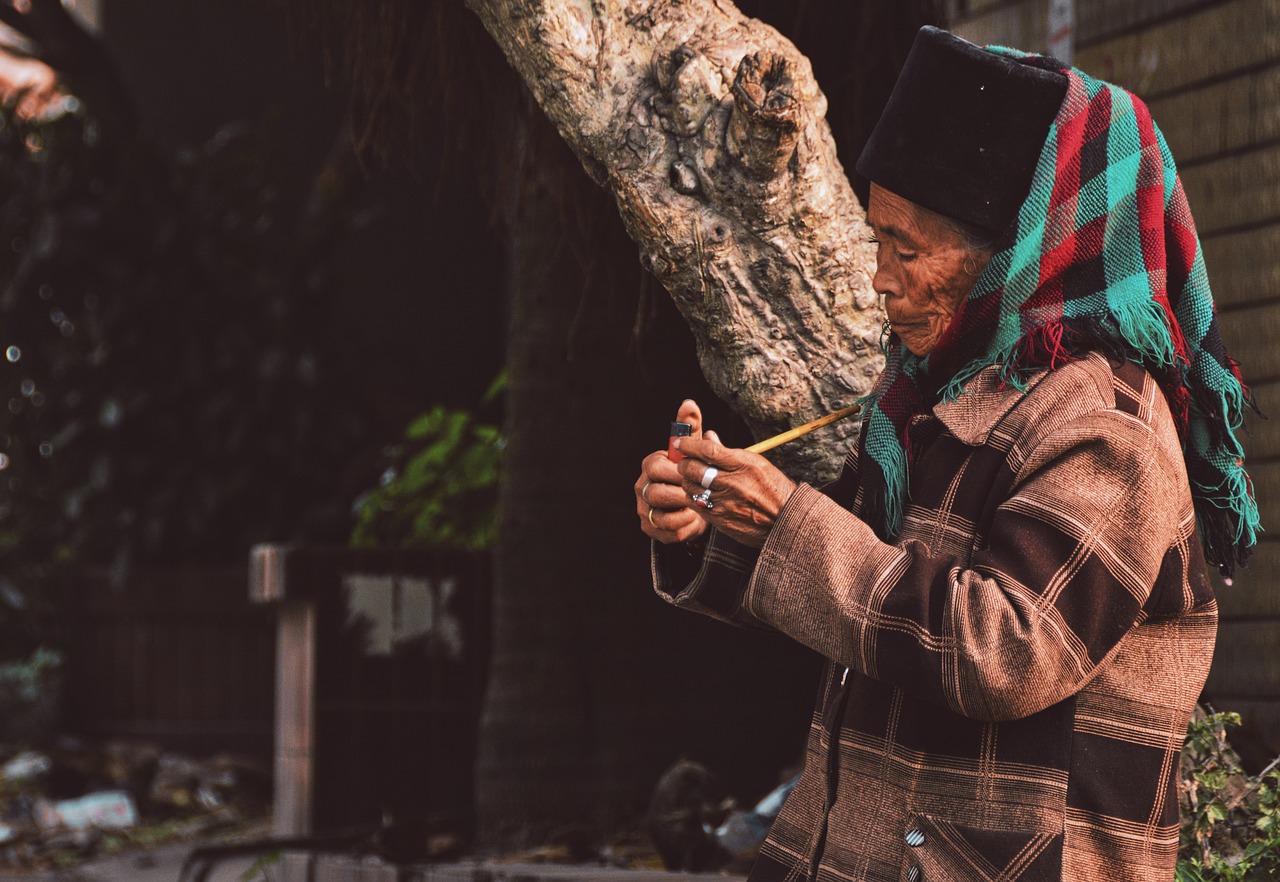
Legal and Ethical Considerations
Exploring the importance of conducting archaeological research with sensitivity and respect towards indigenous communities and their cultural heritage to preserve their traditions and history.
Highlighting the significance of incorporating indigenous viewpoints and knowledge in archaeological studies to gain a more comprehensive understanding of the past.
Discussing the obstacles and ethical dilemmas faced by archaeologists when working on indigenous lands and with sacred artifacts.
Exploring the benefits of collaborative research models that involve indigenous communities in archaeological projects from the planning stages to interpretation.
When conducting archaeological research on indigenous territories, it is crucial to adhere to legal frameworks and ethical guidelines that respect the rights and sovereignty of indigenous communities. This involves obtaining proper permissions, consulting with local tribes or groups, and ensuring that the research process is conducted in a culturally sensitive manner.
Emphasizing the importance of preserving and protecting indigenous archaeological sites and artifacts for future generations.
Discussing the role of cultural resource management in safeguarding indigenous heritage through conservation and sustainable development initiatives.
Addressing the need to decolonize archaeological practices by challenging Eurocentric perspectives and empowering indigenous voices in the field.
Exploring how indigenous archaeology can contribute to reconciliation efforts and healing historical traumas within indigenous communities.
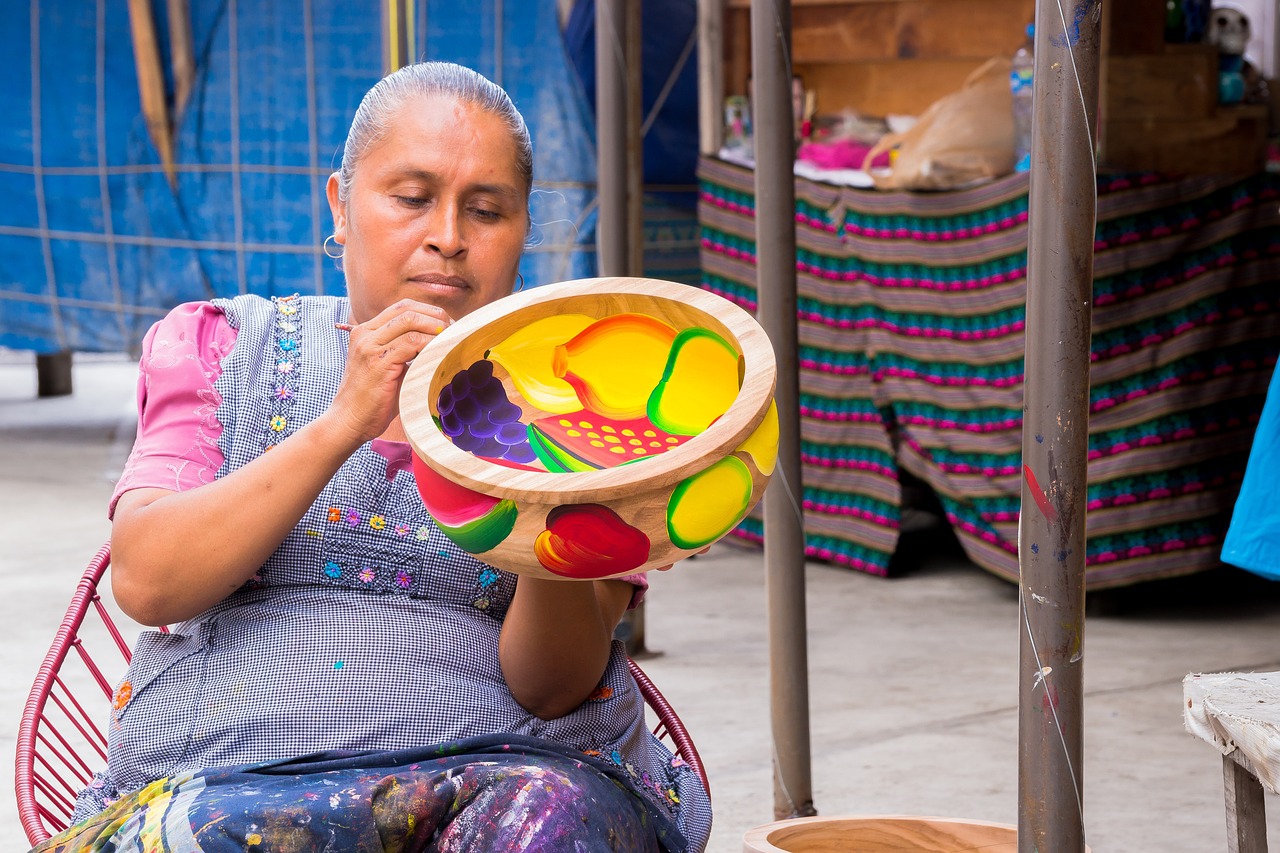
Preservation of Indigenous Heritage
Preservation of Indigenous Heritage is a crucial aspect of archaeological research that underscores the need to protect and conserve the cultural legacy of indigenous communities for future generations. By safeguarding indigenous archaeological sites and artifacts, we not only honor the rich history and traditions of these communities but also ensure that their heritage is preserved for posterity. This preservation effort is essential in maintaining the integrity and authenticity of indigenous cultures, allowing them to continue thriving in the face of modern challenges.
One approach to preserving indigenous heritage is through Cultural Resource Management (CRM), which involves the careful planning and implementation of conservation strategies to safeguard archaeological sites and artifacts. By integrating indigenous perspectives and knowledge into CRM practices, archaeologists can ensure that preservation efforts are aligned with the cultural values and beliefs of the communities whose heritage is being protected. This collaborative approach fosters mutual respect and understanding between archaeologists and indigenous stakeholders, creating a more holistic and sustainable framework for heritage preservation.
Furthermore, sustainable development initiatives play a vital role in the preservation of indigenous heritage by promoting responsible tourism and economic activities that support the conservation of archaeological sites and artifacts. By engaging with indigenous communities in the management of cultural resources, we can ensure that the benefits of tourism and development are balanced with the need to protect and respect indigenous heritage. This balanced approach not only contributes to the preservation of archaeological sites but also fosters economic empowerment and cultural revitalization within indigenous communities.

Cultural Resource Management
Cultural Resource Management plays a vital role in safeguarding indigenous heritage by implementing strategies focused on conservation and sustainable development. It involves the careful planning and execution of initiatives to protect archaeological sites and artifacts while also promoting the cultural significance they hold for indigenous communities. By integrating traditional knowledge and practices into resource management plans, experts can ensure that these valuable cultural resources are preserved for future generations.

Decolonizing Archaeology
Decolonizing archaeology is a crucial step towards acknowledging and rectifying the historical biases and power dynamics that have influenced archaeological practices for centuries. By challenging Eurocentric perspectives and centering indigenous voices and knowledge, decolonization aims to create a more inclusive and equitable field of study. It involves reevaluating the narratives and interpretations of the past that have been shaped by colonial ideologies and working towards a more balanced representation of history.
One approach to decolonizing archaeology is through community-based participatory research, where indigenous communities are actively involved in all stages of the research process. This collaborative model not only ensures that indigenous perspectives are incorporated but also empowers communities to reclaim their heritage and challenge dominant narratives. By sharing decision-making power and fostering mutual respect, archaeologists can work towards a more ethical and respectful practice.
Decolonizing archaeology also involves acknowledging the impact of past archaeological practices on indigenous communities and working towards reconciliation and healing. By recognizing the historical traumas inflicted on indigenous peoples through colonialism and archaeological research, the field can contribute to efforts of truth-telling and addressing intergenerational injustices. This process requires humility, empathy, and a willingness to listen and learn from indigenous voices.
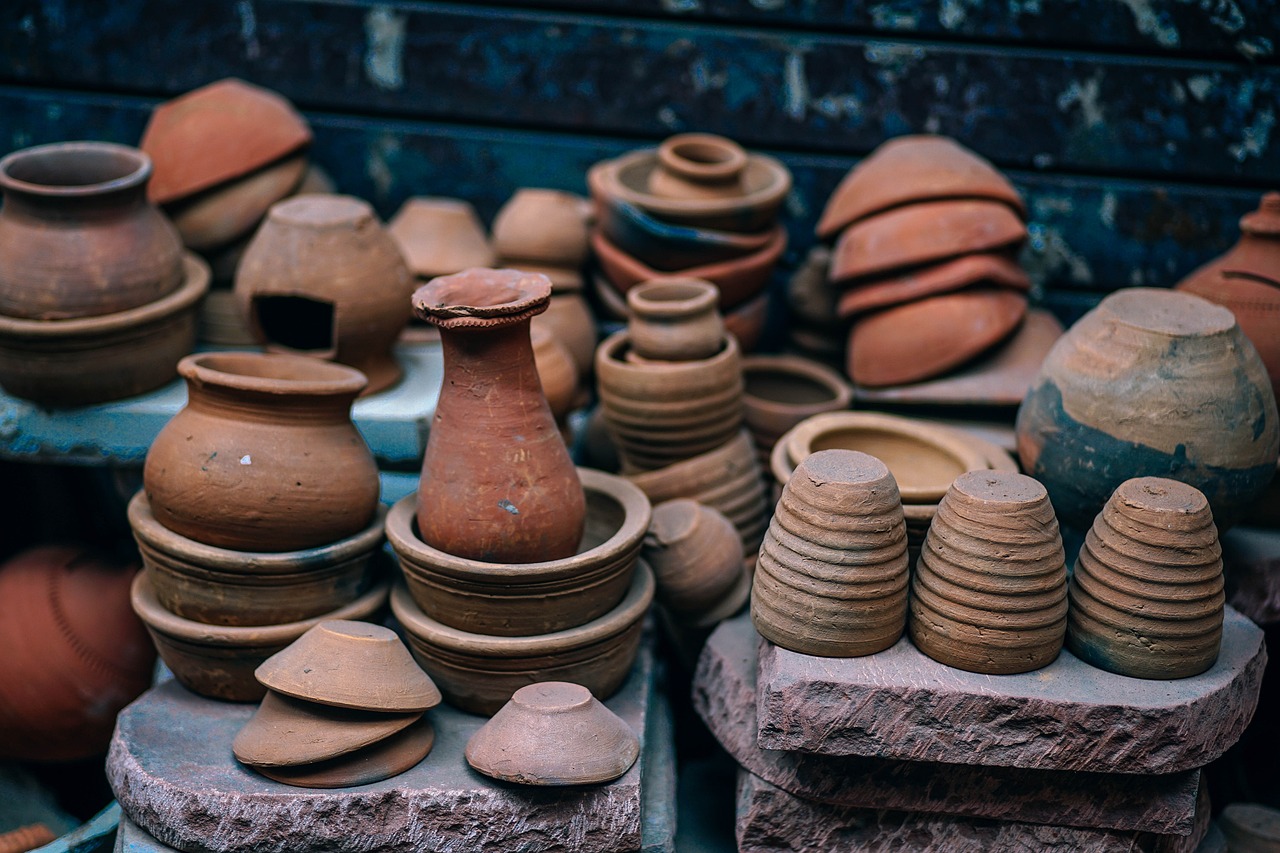
Reconciliation and Healing
Reconciliation and healing are integral aspects of indigenous archaeology, aiming to address historical injustices and traumas experienced by indigenous communities. By acknowledging and validating the indigenous perspectives on their past, archaeologists can contribute to the process of healing intergenerational wounds and fostering reconciliation within these communities.
Through collaborative research efforts that prioritize indigenous voices and knowledge, archaeology can serve as a tool for empowering indigenous communities and reclaiming their cultural heritage. By actively involving indigenous stakeholders in archaeological projects, a sense of ownership and agency is restored, leading to healing and reconciliation on both individual and collective levels.
Moreover, the practice of decolonizing archaeology plays a crucial role in reconciliation by challenging colonial narratives and centering indigenous experiences and interpretations of the past. By dismantling Eurocentric perspectives and amplifying indigenous voices, archaeologists can contribute to a more inclusive and accurate representation of history, promoting healing and understanding among diverse communities.

